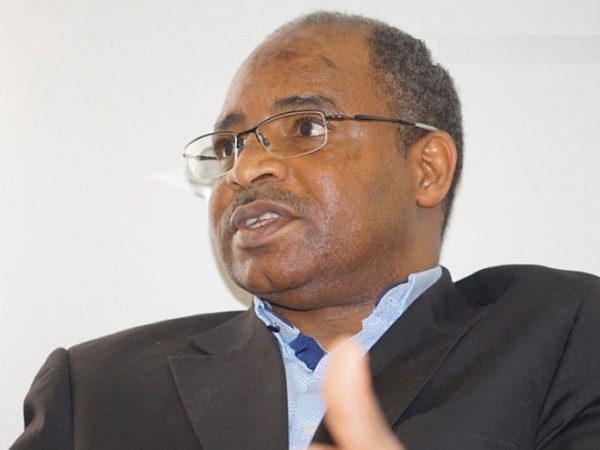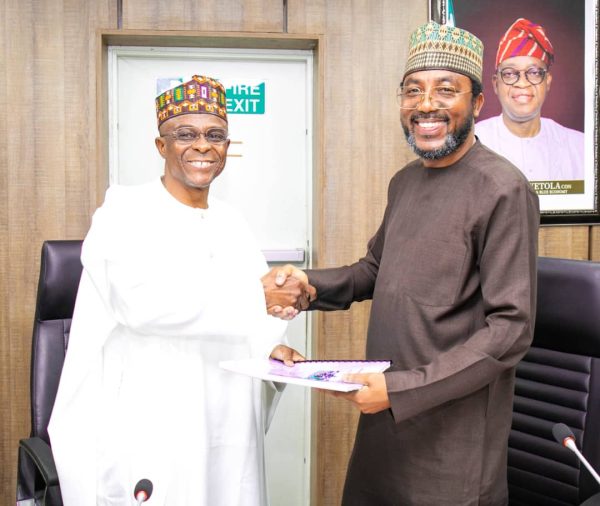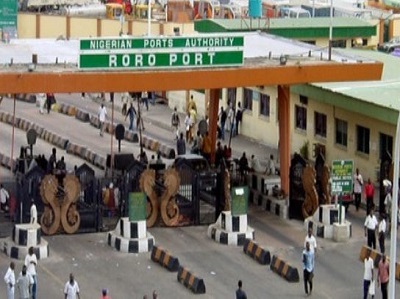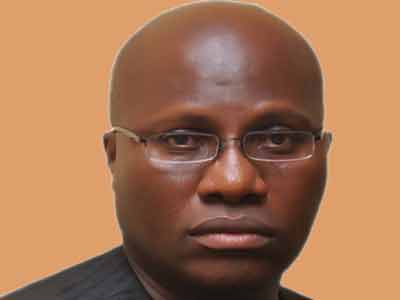MAN Seeks Sustenance Of Protectionist Rules

Worried by calls by some investors urging the Federal Government to remove its protectionist policies in order to improve investment portfolio and bilateral ties, the Manufacturers Association of Nigeria (MAN) has urged President Muhammadu Buhari’s administration to rebuff such ideas, especially if Nigeria intends to develop its real sector.
According to MAN, the economic framework that are effective in maintaining advanced economies have been proven to be ineffective in developing economies, as opening Nigerian markets to cheap and sometimes substandard foreign goods is a capitalistic ideology that will not support the employment and poverty exigencies in the country.
MAN President, Dr. Frank Jacobs, in a rejoinder to address calls for removal of prohibitive tariffs, import ban or exchange control on imported finished products explained that the nation’s Industrial sector is a fledging one that is yet to find its feet.
“Nigeria’s industrial sector has, over the years, gone through several challenges and is still import dependent for most essential inputs. Succeeding Governments in the country have come up with several policy options in order to set the right path for the economy. Opening up the economy to unfettered importation will definitely not be in the best interest of the country.
“Nigerians are aware of the benefits of engaging in international trade. They are also aware that no country can effectively thrive in autarky. This explains why Nigeria has been active in international trade even before independence and is also a founding member of the World Trade Organisation (WTO). Suffice to say that Nigeria is inherently (by colonization) a trading nation and now, as a sovereign nation, should chart its path to economic/industrial development by carefully planning an appropriate course of action.
“As the President of the Manufacturers Association of Nigeria (MAN), I recognize the huge disadvantage Nigeria would be exposed to if the country opens up its economy without caution to indiscriminate trade relations with advanced countries. First, the advanced countries would trade capital goods such as plant and machinery, medical equipment, agricultural machinery, aviation equipment and airplanes, etc while Nigeria would only trade commodity goods such as cocoa, pepper, sesame seed etc.
“The implication will be that while the advanced countries get richer and more industrialized, Nigeria will remain a commodity country and in perpetual de-industrialization. As mentioned earlier, trade is important but Nigeria must be cautious to ensure that most of the goods coming into the market are
input materials for the productive sectors and not finished consumer goods that will wipe out existing domestic industrial efforts and truncate new industrial initiatives”, he added.
Justifying the need for protectionist policies, he noted that protectionism remains an economic principle that has been successfully applied in many countries, adding that developed countries are still applying the principle.
“The United States of America used it and is still using it today; or is the rebounding of US Auto-Industry not a success story perfected with protectionism? France, Britain, Germany, among others, have protected their economies during their course to industrialization. Britain, at some point, protected its textile industry from the Indian and Chinese trade surge on textile materials until its industry was developed enough to compete effectively.
“In Nigeria, the principle of back-ward integration has helped to improve productivity in the manufacturing sector. Nigeria will not forget in a hurry, the challenge the industrial sector faced when the Government opened the economy to foreign textile materials as this led to the crushing of the domestic textile industry in the 90s. It has been an indelible sad experience to many Nigerians”, he explained.
He however urged Government to identify key sectors especially those that offer high society revival in terms of employment and poverty reduction as well as inter-industry linkages for protection, adding that the manufacturing sector, agricultural and solid mineral sectors should not only be protected but also incentivised.
“It must be stated that Nigerian manufacturers are not averse to free trade cooperation but such should be better done in a situation of equal economic development. Any attempt to coerce the country into a free cooperation will only succeed in killing the fledging manufacturing sector which has just started to recover from a long period of comatose. MAN passionately advise that Government should immune itself against international distractions especially on trade issues as most of the advanced countries are searching for market extension. Nigeria being the largest market in African has been their target”, he stressed.







